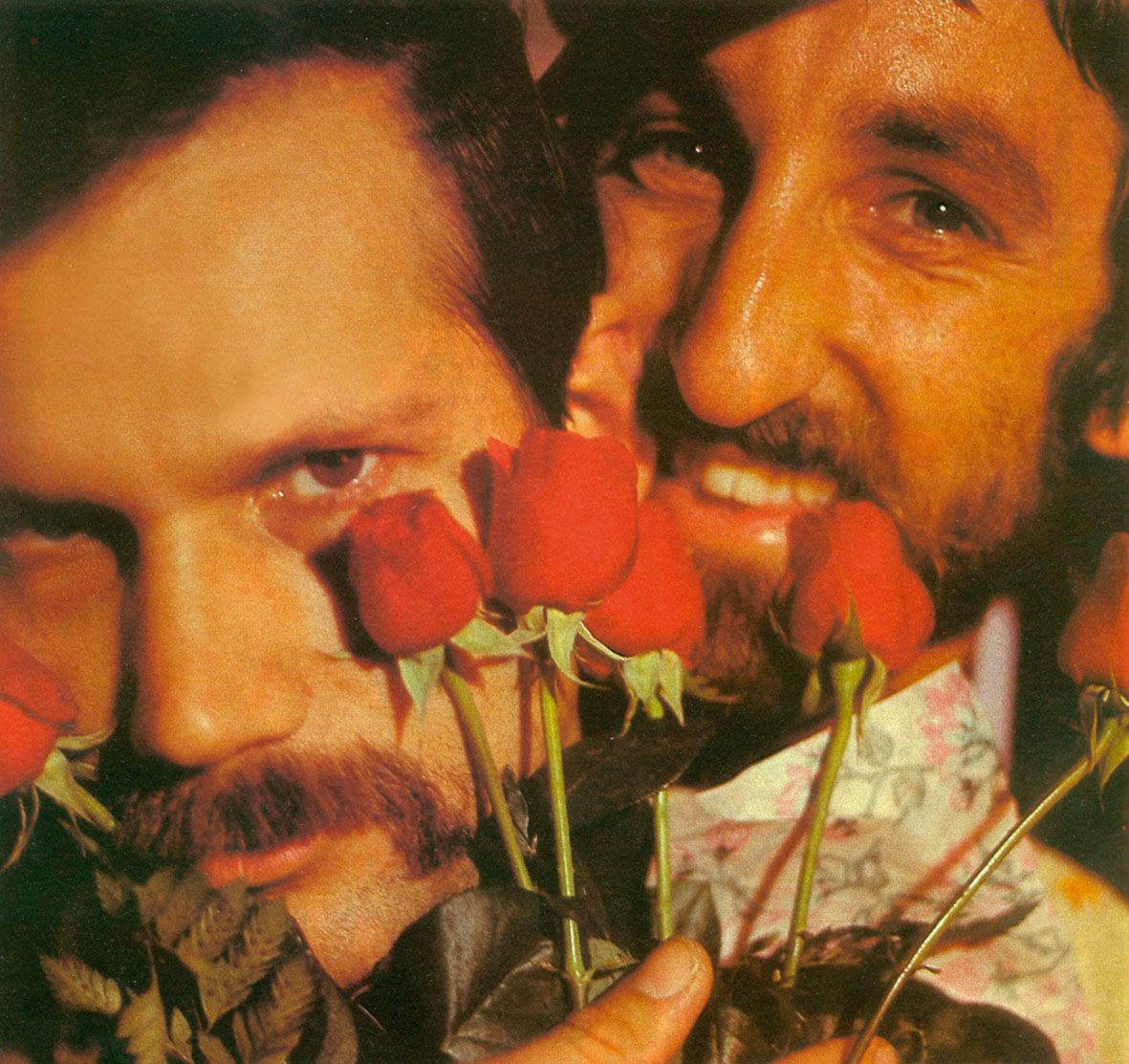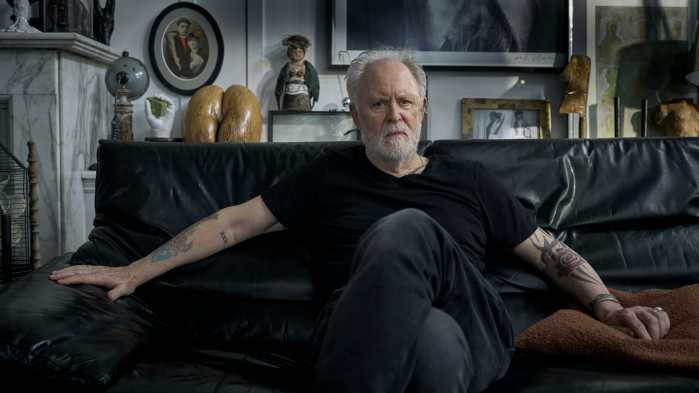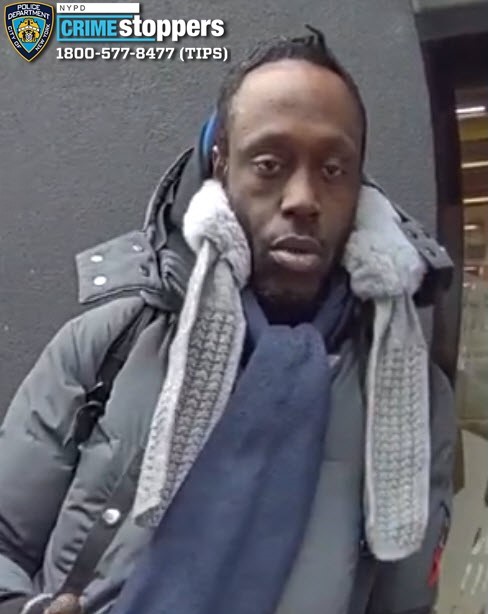Frank Ripploh’s 1980 “Taxi Zum Klo,” currently being revived by the Metrograph, was a product of the tail end of gay liberation’s first era. Although it was acclaimed upon US release in 1981, especially by “The Celluloid Closet” author Vito Russo, it’s fallen out of the memories of gay cinephiles since then. It’s an unusual blend, combining a comic look at romance between two men with a confrontational attitude that puts explicit sex at the forefront.
Frank (Ripploh) lives in a tiny West Berlin apartment, whose bathroom lies in the hallway. When he gets locked out, he needs to enter a neighbor’s apartment and climb into his own through the balcony. He makes his way to the public school, where he’s dedicated to teaching children. When he’s not working, his mind burns with a desire for sex. While he’s bowling with colleagues, Ripploh cuts in vintage porn clips to illustrate his thirst. He bases his weekend plans around how much time he can spend cruising men in restrooms. (The title translates as “taxi to the toilet.”) When he falls in love with Bernd (Bernd Broaderup), who does not share his sexual appetite, he faces a real challenge. They also disagree about the attractions of urban life: Bernd wants to settle down on a farm in the countryside. He’d rather cuddle lambs than sleep around. After being hospitalized for six weeks with an STI, Frank heads out to have sex in a toilet. The couple’s incompatibility reaches a breaking point at an all-night drag ball.
“Taxi Zum Klo” uses kink, unsimulated sex, and Ripploh’s own body as a provocation. Both of the lead actors use their own names. Ripploh introduces himself to the audience with a voice-over query: “Do you want to come cruising with me? Good.” In our first glimpse of him, he’s nude in bed. Later on, the film goes so far as to gaze at his rectum during a doctor’s exam. A man urinates into his mouth. It dares prudes, whatever their sexuality, to take offense at these scenes. They fought back: The film was seized by US customs and banned in the UK till 2005. These aspects still seem daring, since Ripploh depicts himself having real sex. The film’s style reflects Ripploh’s low budget and inexperience as a director, but the rawness enhances its honest approach to his own experiences. Before becoming a filmmaker, the director had worked as a teacher and lived out much of this story.
The ultimate dilemmas of “Taxi Zum Klo” boil down to something simple: a love story between two people who are attracted to each other but whose desires don’t match up. Bernd and Frank’s conflicts are about their personal choices, but they also represent larger ones queer men are still struggling with: monogamy versus casual sex, assimilation and respectability politics versus letting our freak flags fly, exploring one’s desires freely versus the potential to fall into patterns of compulsive behavior. The school remains a battleground for homophobes and transphobes to contest our ability to participate in public life: In fact, the finale, where Frank turns up to teach in drag, may be even more daring now than it was 45 years ago.
Given its quality, “Taxi Zum Klo” should have led to a productive career for Ripploh. Instead, the timing of its release worked against it. By its premiere at the 1981 New York Film Festival, gay men in this city were already dying of AIDS. While not exactly a simple celebration of sleeping around, it was made at the very last moment when Frank’s hospital stay would not be a harbinger of death. The New German Cinema movement from which we came was on its way out after one of its key directors, Rainer Werner Fassbinder, died in 1982. (The Metrograph is also presenting “The Many Faces of Frank Ripploh” series, which includes films by other queer German directors of the time: Fassbinder’s “Querelle,” “But the Society in Which He Lives,” Ulrike Ottinger’s “Madame X: An Absolute Ruler.”)
Ripploh lived until 2002, but he was only able to make two more features, including a 1987 sequel, “Taxi to Klara.” Neither is included in the Metrograph’s series. As with so many gay films of its time, “Taxi Zum Klo” feels like the start of a project abruptly cut short.
“Taxi Zum Klo” | Directed by Frank Ripploh | In German with English subtitles | Altered Innocence | Opens Aug. 1st at the Metrograph



































